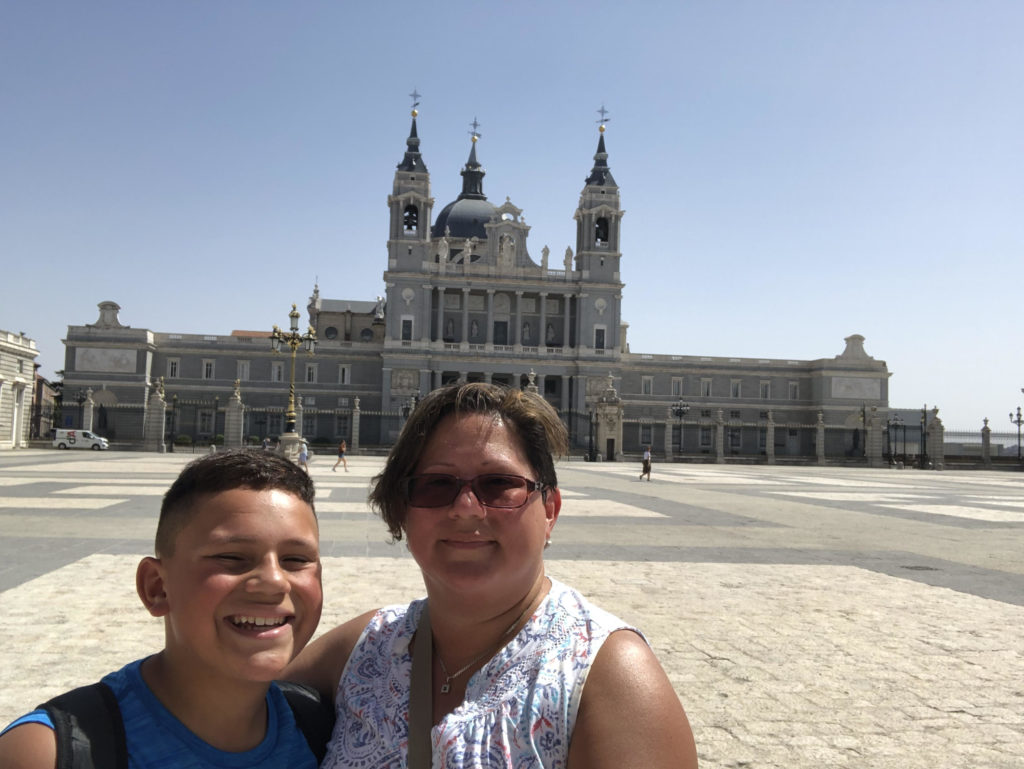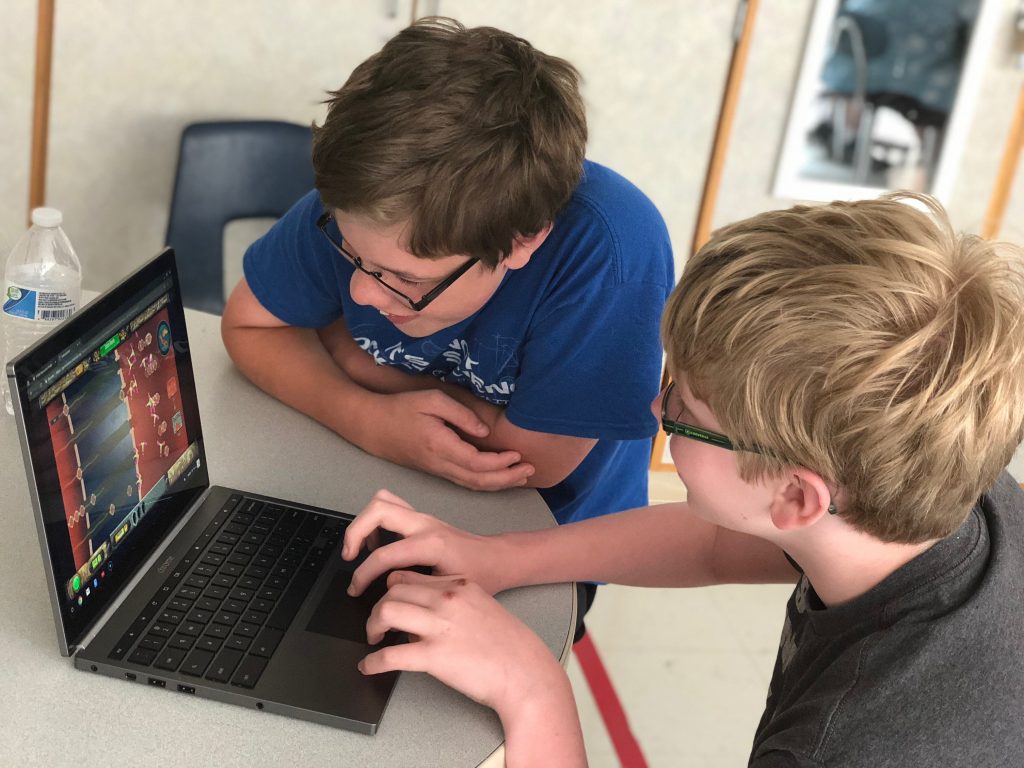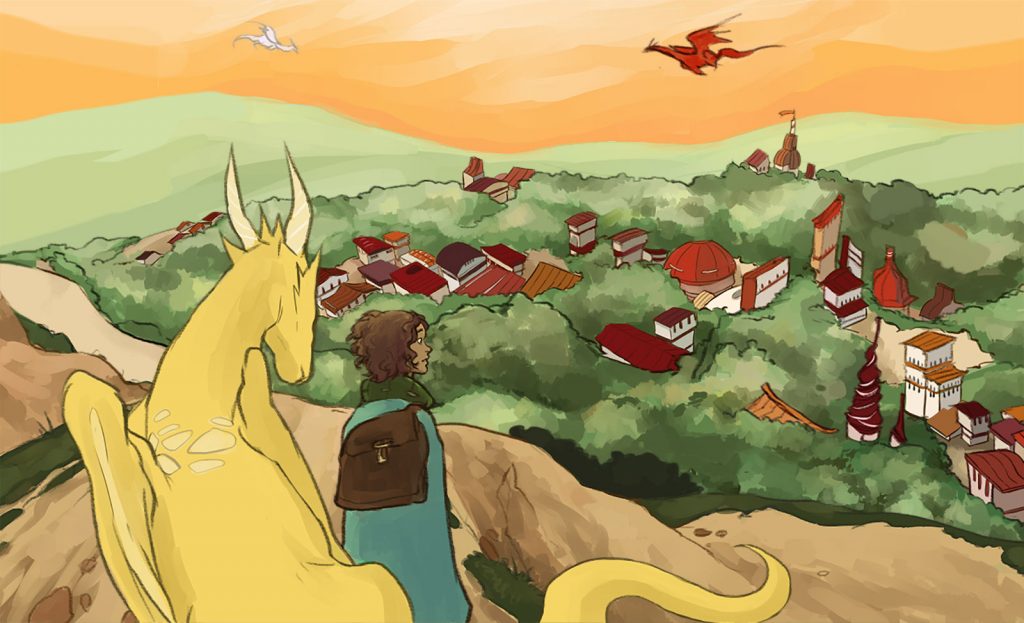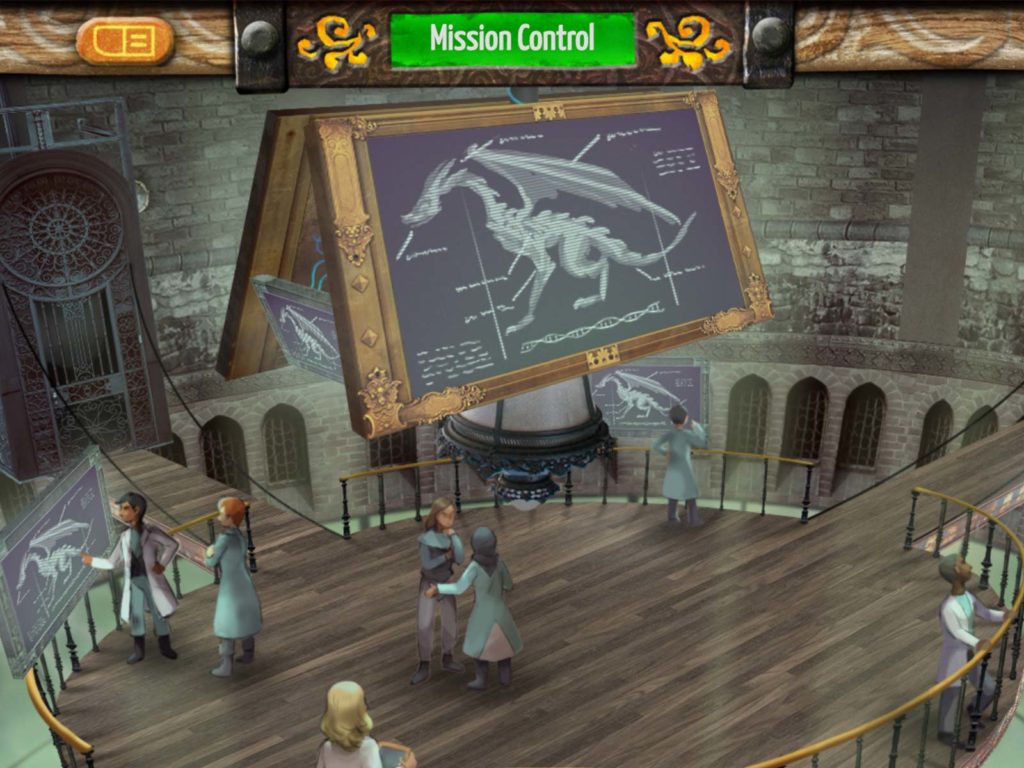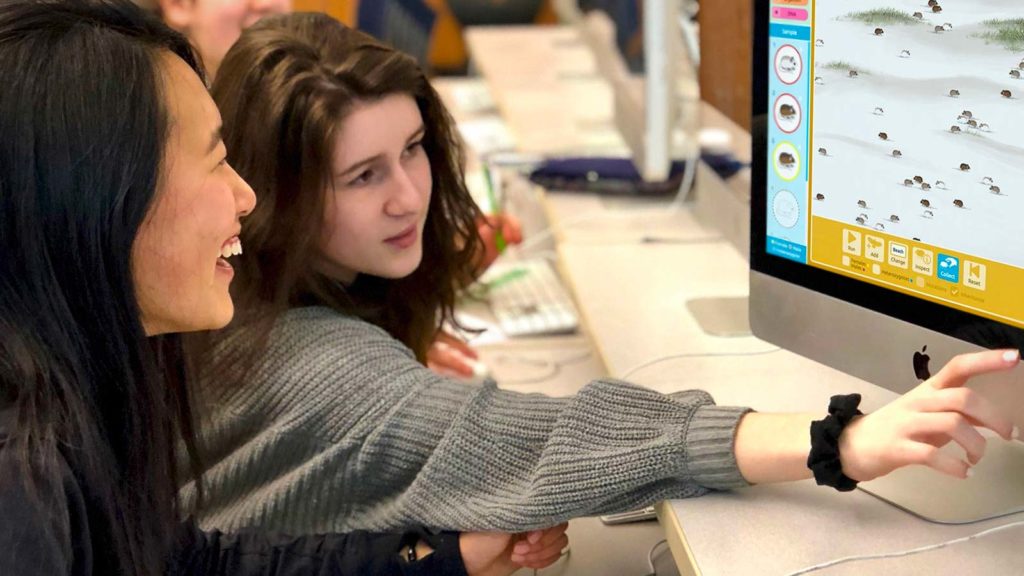Category: Tag: Genetics
Barbara Algarin was a chemistry major who also tutored other students in chemistry while in college and afterwards. “I had always dreamed of becoming a veterinarian, but I felt I was good at helping others in school. Then my mom mentioned that New York City was looking for people to become teachers,” she explains. Feeling at a crossroads and wanting a change, Barbara applied for a New York City Teaching Fellowship, a program that prepares applicants to teach high-needs subjects such as science in New York City classrooms. The first time she applied, they lost her application. She persisted, and applied again the following year and was accepted.
How do dragons inherit wings and horns? What role do proteins play in dragons with translucent white scales? During a weeklong summer “camp” in Maynard, Massachusetts, designed for middle school students interested in online gaming and genetics, nine students in grades 6-8 played Geniventure to find out. They also applied genetics concepts to solve puzzles, […]
How well do students learn genetics concepts using Geniverse in their high school biology class? Scarlett, the Geniverse female avatar, and Arrow the dragon journey to the remote Drake Breeder’s Guild. With funding from the National Science Foundation, we sought to understand the contributions and challenges of teacher implementation of digital games by studying Geniverse, […]
Geniverse brings genetics to life with game-like challenges and an engaging narrative. Students use a virtual model species (drakes) to explore the fundamental mechanisms of heredity and genetic diseases and then get a taste of careers in genetics.
University of Michigan School for Environment and Sustainability, Flickr (CC-BY-2.0) A breakthrough in medical research has allowed a team of scientists to edit the DNA of human embryos to repair a version of a gene that causes cardiomyopathy, a genetic disease resulting in heart failure. While some see this genome editing technology—known as CRISPR—as a […]
The CRISPR gene editing technique is faster, cheaper, and more accurate than past methods of editing DNA. And it’s creating a huge buzz in the world of science and medical research. By precisely removing, adding, or altering part of the genome, CRISPR enables geneticists to target and edit genes that are associated with genetic diseases—without […]
Embedded in our Geniverse genetics software, GUIDE’s hybrid system partners an intelligent tutoring system with the pedagogical expertise of the classroom teacher and existing classroom networks of peer support.
GeniConnect is developing and researching a coherent series of student experiences involving game-based learning, industry mentoring, and hands-on laboratory work in biotechnology and genetics.
This collaborative effort between Michigan State University and the Concord Consortium is developing and researching a connected set of technology-enhanced three-dimensional lessons for high school biology that are aligned with NGSS performance expectations.
Breeding virtual dragons is all in a day’s work in biology classrooms using Geniverse, our free, web-based genetics software. Although Geniverse is a game-like environment, it’s far more than child’s play. Indeed, students dive into genetics on a quest to heal a beloved dragon. Students use a model species (drakes) to explore the fundamental mechanisms […]
